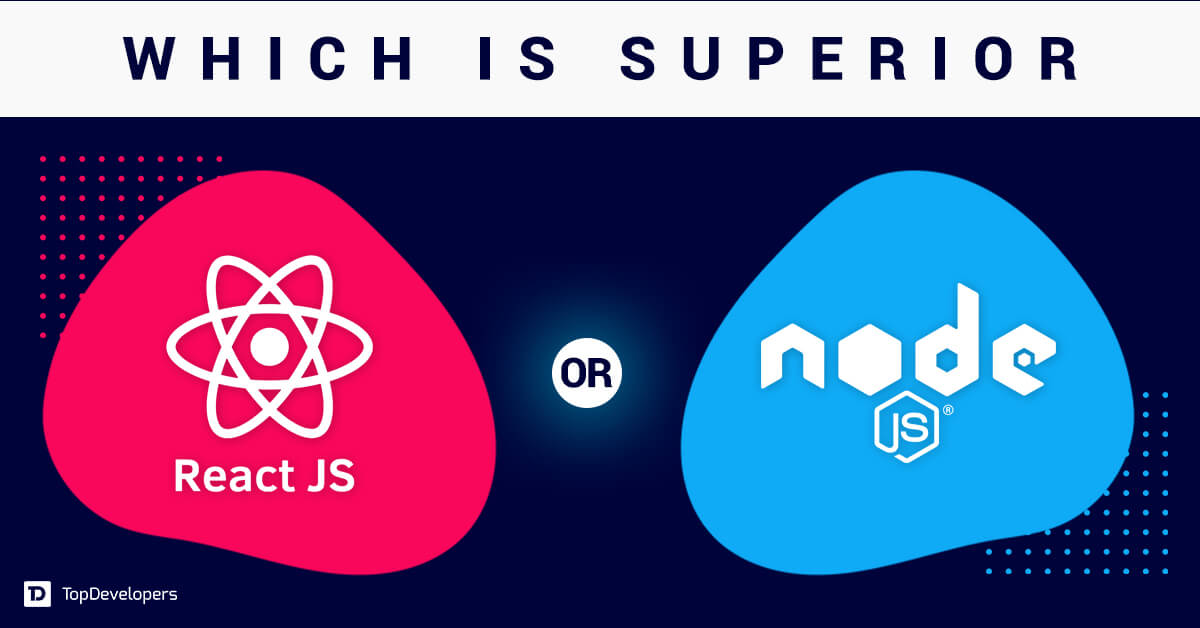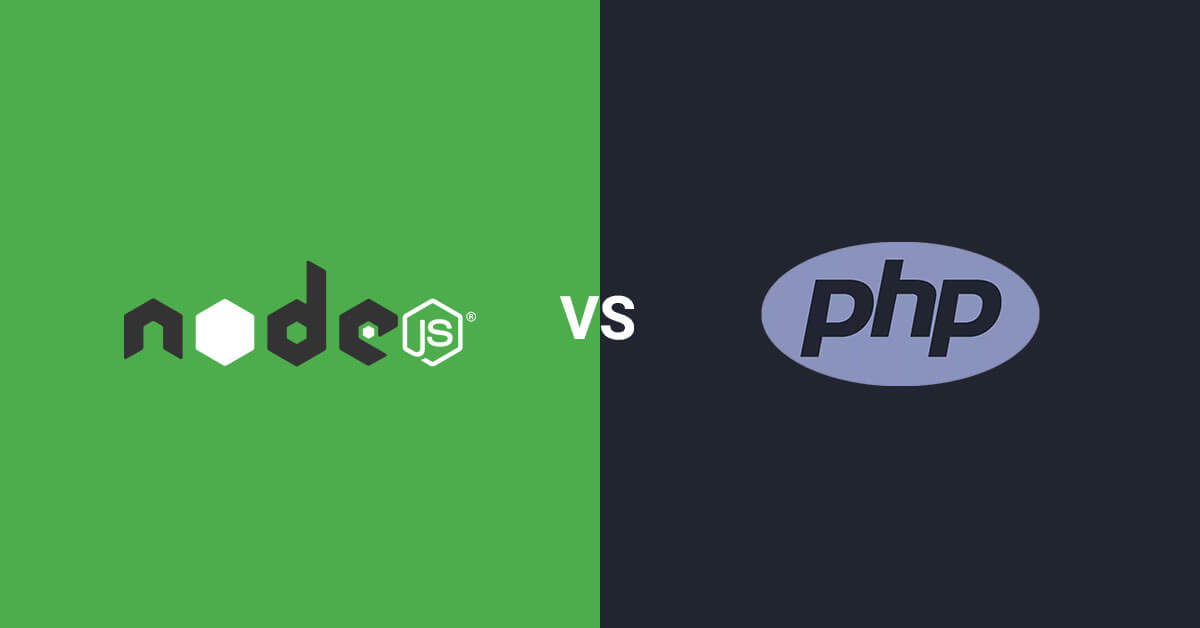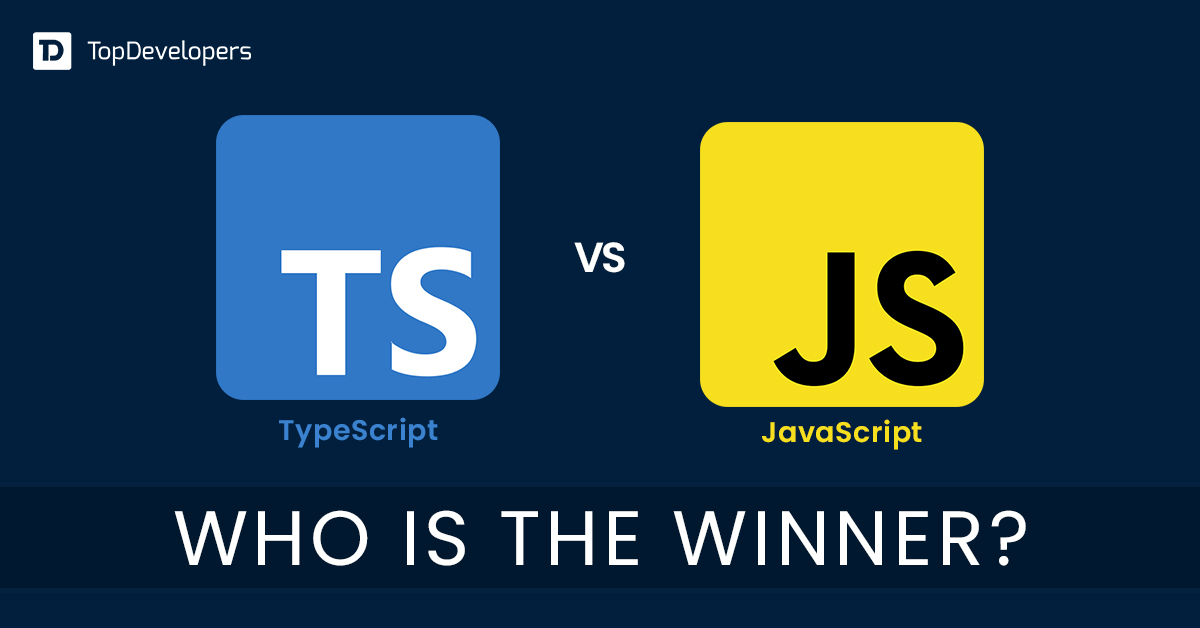
You are planning to start a new venture with a one-of-a-kind app, that’s great. You need a scalable, secure, and stable application for winning outcomes. However, such applications are backed by the right mix of technologies, tools, and tactics. Selecting the right technology is a daunting task, which requires the experts’ help or a lot of research and analysis.
Additionally, entrepreneurs also get puzzled during technology selection as new technologies soon become a passive faux-like fashion trend. Understanding the problem, a technology- Node.JS programming language is recommended as a solution that meets all the modernized, next-gen business app needs. The open-source Node.JS is built on top of Chrome’s JS runtime way back in 2009.
Node.JS technology rules the app development game with powerful backend development and interactive user interface engineering. It establishes a two-way connection between client and server that makes it perfect for real-time chat app development. It’s jam-packed with a lot of Node.JS development tools that have made leading players such as Yahoo, Netflix, Walmart, and PayPal leverage Node.JS for their business applications. The continuous enhancements are opening the windows for more innovations. Let’s shed light on how Node.JS leverage brings financial, performance, and other gains to your business.
Table of Contents
Top Reasons to Choose Node.JS for Your Next Project Development
Amidst the sea of technologies, it’s quite confusing to narrow down the choice to one technology and leverage the same for app development. That’s why 11 reasons are enlisted that assure business clients of Node.JS development.
Faster Time-to-market
Node.JS enables JavaScript compilation into direct native machine code that results in faster code execution. Besides, it facilitates reading and writing tasks quickly such as reading and writing to the database, network connections, and file system that accelerates web application development tasks. Event-driven and non-blocking I/O model helps in establishing parallel connections and increasing throughput.
Avail of Omnipresence
Node.JS’ capabilities make it a good fit for leveraging in browsers and servers as JS exists everywhere. That’s why Node.JS code is used in different ways from the browser to the server. For instance, when logic changes in the browser need to reflect in the server, the code migration will make it do. This way moving functionality from browser to the server becomes a breeze.
Data Streaming Service
In traditional frameworks, HTTP requests and responses are considered discrete events aka data streams. Node.JS is great at handling I/O requests which makes it an ideal solution for data streaming services. The streams make Node.JS effective at data handling and performing actions. Also, as opposed to other data processing techniques, encoding or decoding video and audio files consumes less time. Simplified I/O operations with Node.JS streams allow Node.JS applications to handle massive data while utilizing less memory.
Aces in Real-time Chat App Development
It’s an era of real-time where people are looking for everything that can happen instantly from gaming and social networking to real-time chat. Real-time communication helps in winning customers which require real-time communication between users, clients, and servers. It means quick and persistent I/O operations to streamline client and server communication are required for real-time chat app development.
Multi-user feature of the real-time chat app is handled by low-level sockets and the protocol’s event loop, thereby preventing HTTP overload. The non-blocking, asynchronous structure of Node.JS facilitate the same, which enables scalable, manageable, and reliable real-time chat app development quickly.
Serve Proxy Server Purpose
Business projects when require collecting different forms of data with distinct response times from disparate resources, then a proxy server helps with the same. Node.JS acts as a proxy server for the web app by providing the necessary infrastructure wherein business only require to handle server-side. For instance, when businesses need to source, compile, and store data from different third-party resources for a server-side application, Node.JS technology would work as the proxy server.
Single Codebase enables Cross-platform Compatibility
Node.JS has brought a paradigm shift to the technology landscape with its capability to build server-side and client-side using the same technology. It facilitates auto-communication and auto-synchronization of data between client and server, which saves a lot of time. As the same techniques, schema, and practices are used for the web apps, the source code is easy to read.
Bring Performance Gains
Platform as a service (PaaS) providers offer support to node application deployments with a single line of command. This way Node.JS hosting reduces the number of servers required for hosting and improves the page loading performance by 50%.
For instance, post-shifting to Node.JS, PayPal has experienced a 35% reduction in response time even when the number of requests gets doubled. LinkedIn reduced servers from 30 to 3 after migrating to Node.JS technology. The benefits of Node.JS through real-life examples clearly state why to go ahead with website development with Node. JS.
Node.JS caching reduces loading time by decreasing task workload and with code re-execution. When the module is cached in the in-app memory when it was accessed lastly, the web page quickly loaded in the browser without waiting.
Makes Project Development Cost-savvy
Node.JS has a dynamic repository of node package managers (npm) that facilitates using the modules for various tasks or code reuse for resolving development challenges quickly. It saves a lot of development time, which, in turn, gets the Node.JS website projects completed in reduced development hours. Hence, Node.JS diminish the project development cost. Besides, when the same team is working on the front and backend, a lesser number of developers are required for development, which cut down the cost to half. Overall, the cost to hire Node.JS developers won’t put a load on your budget and you can have a fully customized product to automate your business operations.
Long Term Support
Node.JS has a huge community that is well-supported by proficient Node.JS developers who are actively working towards Node.JS enhancements. When any assistance is required, the developers can find a possible solution to the problem. Besides, every Node.JS upgrade is actively maintained for 18 months from the day is launched, which ensures that the current business project is not required to update as Node.JS gets upgraded. Meanwhile, no bug fixes or security updates are rendered.
Improves Productivity
Node.JS is a JS-based technology that’s used for both frontend and backend development. It eliminates the need to allocate two different teams to work on the front end and back end separately. When the inter-dependencies between frontend and backend teams get diminished, smooth information flow allows teams to work as a single unit. The reduced barriers among team members result in productivity gains.
Scalability
When the business grows, the web app needs to scale in parallel to accommodate growing traffic and increasing transactions. Node.JS facilitates scaling apps in both ways- horizontally and vertically. A horizontal scale is feasible by adding more nodes to the application. Vertical scaling of the Node.JS app involves adding extra resources to nodes. This way building applications with Node.JS enables scaling the app, either way, the business wants.
Is Node.JS a Perfect Choice for Your Business Project?
At this point, you know- why Node.JS is used or why the Node.JS development environment is the best for your next project. Undoubtedly, Node.JS is a popular platform for creating high-performant, scalable, secure, and stable applications. It finds its use greatly in JS web apps, hybrid apps, desktop apps, and IoT app development with gradual enhancements. Node.JS is a good alternative for start-ups looking to make inroads into the online market with faster MVP development at reasonable rates. The improved response time and reduced loading time have benefitted tech titans such as Netflix and Walmart to grow their revenue. The companies that use Node.JS are growing bigger and bigger.
If you want to grow revenue with migration to Node.JS technology, partner with the best Node.JS development companies to onboard your Node.JS web application project with the least time, effort, and money investment. Get ready to create a big impact in the online world with popular Node.JS leverage.
Frequently Asked Questions Node.JS For The Next Project
Is Node.JS still relevant?
Yes, Node.JS will continue to remain popular in 2023 and will be in the years ahead. Armed with a lot of features and tools, Node.JS has great community support and is widely used in web app development which makes it relevant.
What to use Node js for?
Node.JS is used for real-time chat apps, networking, and server-side app development due to its asynchronous, event-driven architecture.
Examples of Node.JS Apps (Top apps developed by Node.JS)
Node.JS is leveraged by leading businesses such as Walmart, PayPal, Netflix, LinkedIn, and others.
What are the best Node.JS Frameworks?
Popular Node.JS frameworks that are used for Node.JS development are Express.JS, Koa.JS, Sail.JS, Hapi.JS, Socket.io, and others.
 Avantika Shergil
| May 1, 2023
Avantika Shergil
| May 1, 2023
Avantika Shergil is a technology enthusiast and thought leader with deep expertise in software development and web technologies. With over 8 years of experience analyzing and evaluating cutting-edge digital solutions, Avantika has a knack for demystifying complex tech trends. Her insights into modern programming frameworks, system architecture, and web innovation have empowered businesses to make informed decisions in the ever-evolving tech landscape. Avantika is passionate about bridging the gap between technology and business strategy, helping businesses build customized software and website, and understand about different tools to leverage effectively for their ventures. Explore her work for a unique perspective on the future of digital innovation.







